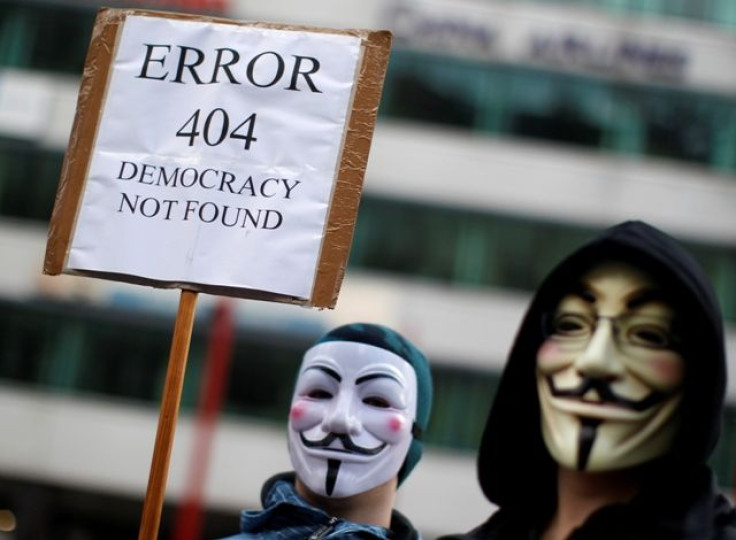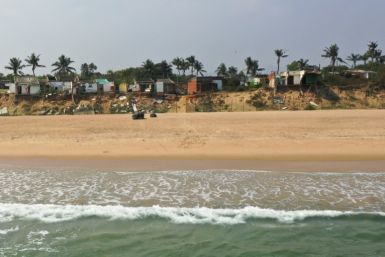Indian government blocks access to 857 pornography websites

Internet service providers in India have been ordered by the federal government to ban more than 800 pornography websites last weekend without any prior notification. Since Saturday night, most of the porn sites were inaccessible on ISPs such as BSNL, Vodafone, ACT, Hathway and MTNL.
The news went viral when some of the users took to the Internet to complain about the inaccessibility of pornography websites. Within hours, social media platforms like Facebook and Twitter were filled with updates regarding the sudden block. When people tried to access the popular porn sites such as Pornhub or Redtube, they found either a blank screen or cryptic message, saying the site was blocked according to the instructions from India’s Department of Telecommunications.
Untill now, the reasons for censoring pornography websites remain unknown as the Indian government chose to keep silent about it . However, according to the ISPs in India, many pornography websites remain unaffected by the ban.
The banning of the pornography websites comes just weeks after Indian Supreme Court upheld the decision of not blocking access to online pornography. In rejecting the plea, India’s chief justice H.L. Dattu said watching pornography was a fundamental right and that it shouldn’t be infringed at all.
Activist Kamlesh Vasvani, who fought to block the sites, thanked Prime Minister Narendra Modi on Monday for taking the step unlike the Supreme Court. “Under Prime Minister Modi’s good governance and the good faith with which this government has been working, they have been instrumental in blocking the 857 websites that I have been looking to get blocked,” he said in an interview.
Vaswani, who is private lawyer from the central Indian state of Madhya Pradesh, said his battle against pornography was a response to the brutal gang rape that had taken place in Delhi 2012. “Nothing can more efficiently destroy a person, fizzle their mind, evaporate their future, eliminate their potential or destroy society like pornography,” Mr. Vaswani wrote in his petition to the Supreme Court.
He said pornography was worse than AIDS, Hitler or any other life-threatening disease. After getting rejected by the Indian Supreme Court, he turned to one of the top lawyers of the Modi government, Pinky Anand, who is believed to have delivered the list to the Department of Telecommunications. However, Mr Anand said that he wasn’t the one who instructed the department to block the websites ;he only mentioned about taking appropriate actions.
On Friday, the Internet providers received the list of the websites from the Department of Telecommunications, which included most popular pornography sites in the world.
Maintaining anonymity, a government spokesperson told the Hindustan Times that the sites were promoting anti-social activities. However, another spokesperson said that the ban was not permanent and would be lifted as soon as the government adopts new regulations to block child pornography.
Nikhil Pahwa, editor and publisher of MediaNama, which monitors digital policy in India, believed that Modi government was trying to control Internet access in India and banning pornographic websites was just the initial move. “It’s not just one incident. There are numerous battles; all linked to one another, for free speech and Internet freedom that are being fought in the country right now,” he added.
Contact the writer at feedback@ibtimes.com.au, or let us know what you think below.






